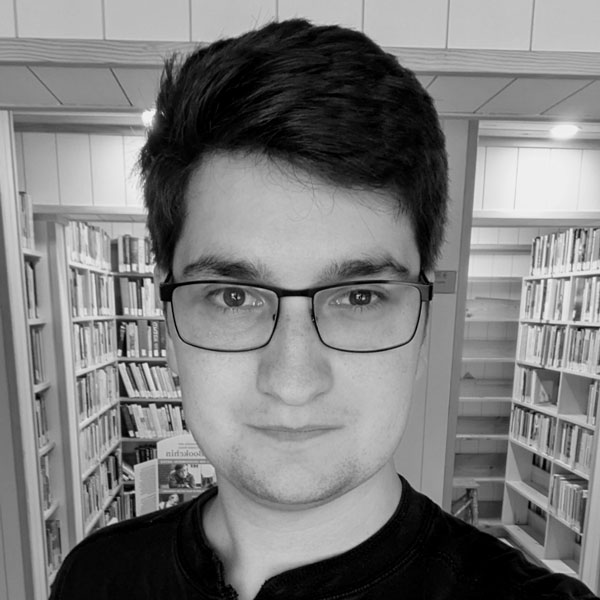seats available
views woo in stock:
stock:
start:
term: 202509
reg type:
starts: before today, so it's already over
---------------

Understanding Economic Democracy
Suggested Price: $10.00 per person
This workshop is not currently available. Add your name to the waiting list and we'll let you know as soon as it's offered again!
Join the Waitlist Online workshop
Online workshopSuggested Price: $10.00 per person
This workshop examines the systems driving economic inequality and explores some of the democratic alternatives being built through the labor and solidarity economy movements. The first section overviews theories that help explain sources of economic inequality and offer visions for a democratic alternative. The second (and main) section overviews two movements that are actively building democratic alternatives. The labor movement has historically been a main driver for economic democratization, and the modern resurgence of progressive unionism is an active response to the inequality of our times. The solidarity economy movement is also building a democratic vision for the future. The term “solidarity economy” refers to a wide range of economic activities that emphasize solidarity and democracy to maximize social profitability over purely financial profits. This includes cooperatives, credit unions, community land trusts, and more. These movements are distinct in their approaches, strategies, and limitations but often united in their purpose.
This workshop is designed to be participatory. Discussions will supplement the lecture so participants can learn about capitalism and democracy through conversations about how they fit into the current system and how they might help reshape it. The session will also spotlight local organizations that are advancing economic democracy in practice.
Presented By...
Dylan Hatch is a union representative and researcher at the New England Joint Board, UNITE HERE. He recently graduated with his BA from UMass Amherst (2023) and his MS from Cornell (2025), where he studied unions, worker cooperatives, and the intersection between the two. Dylan helps facilitate the Union Co-op Council of the U.S. Federation on Worker Cooperatives, and continues his research on unionized worker cooperatives.



